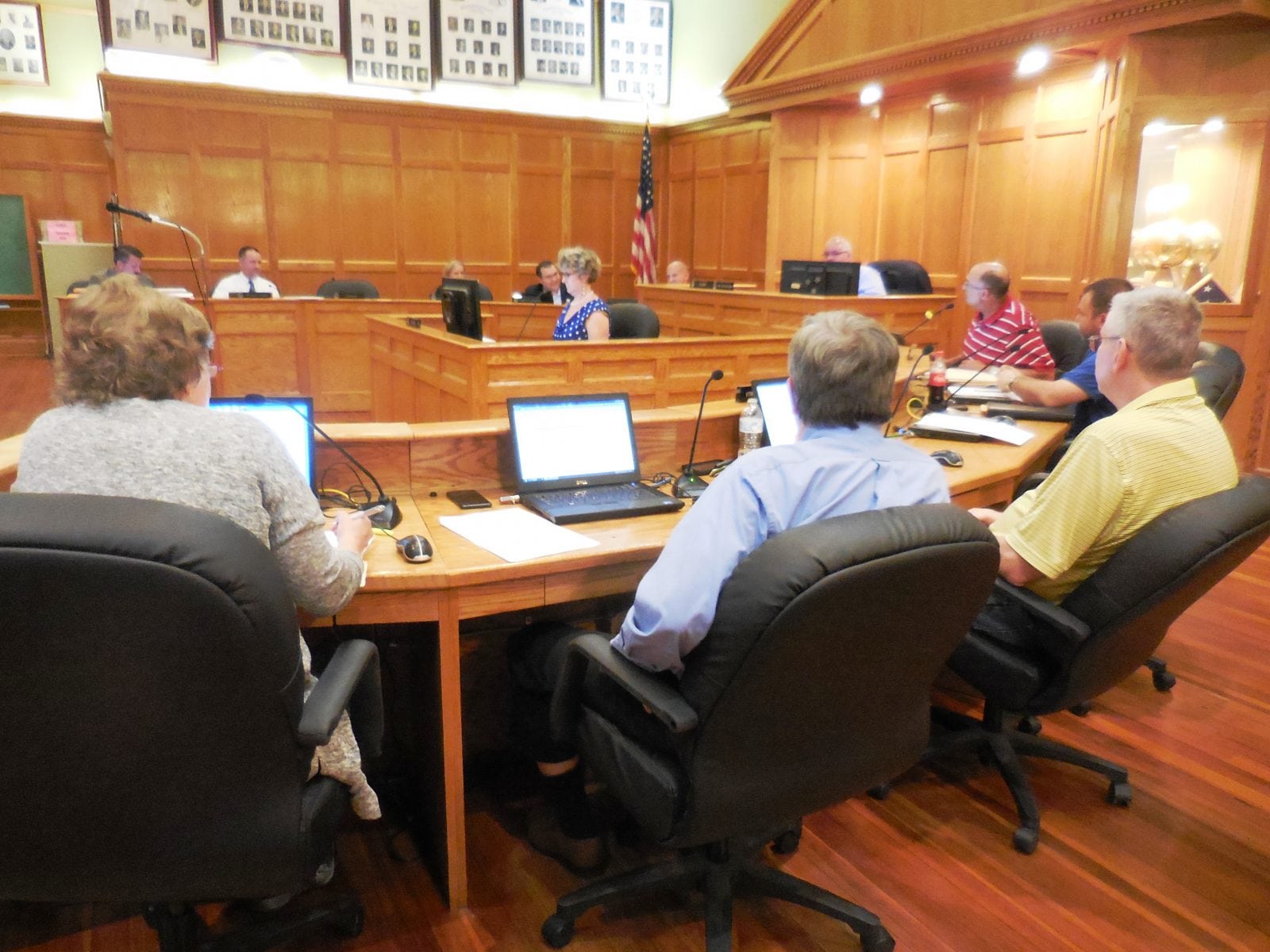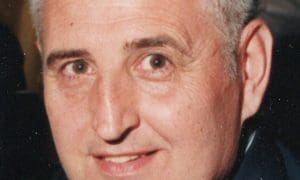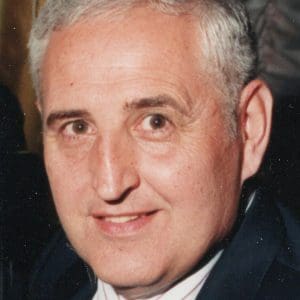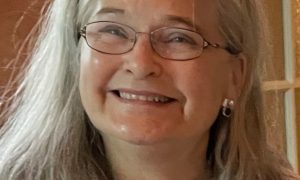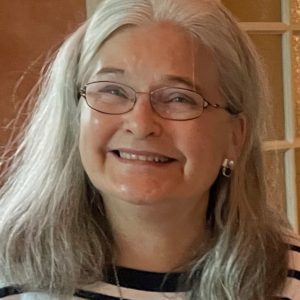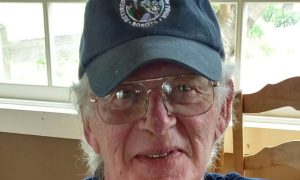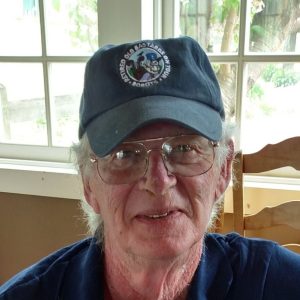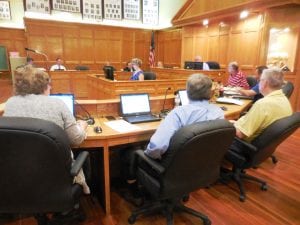
A super majority of the City Council voted in favor of the water bond on the first reading Thursday. (Photo by Amy Porter)
WESTFIELD – The $13 million water bond was on the agenda for a first vote at Thursday’s City Council meeting, for the third time in three months. Bonds require a super majority of nine of the thirteen councilors to pass, instead of a simple majority of seven. Two councilors, Dan Allie and Robert A. Paul, Sr. were absent, but the bond passed the first reading 9-2, with Councilors Matt Emmershy and Andrew K. Surprise voting no. The bond will now go to second reading.
At the meeting, residents had the first opportunity to weigh in on the bond and the vote during public participation.
Daniel Call of Granville Road said he had taken the time to read and listen to all that has happened over the last three to four months. Call complimented the councilors on wanting to do what’s best, and on doing their homework. “What it means to me as a resident is a little something about health and safety,” he said, adding, “We all need water. The north side now is in trouble, and we need to go off and fix it.”
Scott Kaddy of Northwest Road said he had attended the May 22 meetings with the city and the experts they invited to answer questions from the City Council. Kaddy, who is a sales engineer with Jamestown Technologies in CT, referred to the expert from CDM Smith, who he said wrote the book on water treatment, as saying they would not guarantee the treatment would work. “If you’re going to go out and purchase a project, you want some warranty,” Kaddy said. He also said the water samples recently tested were too small.
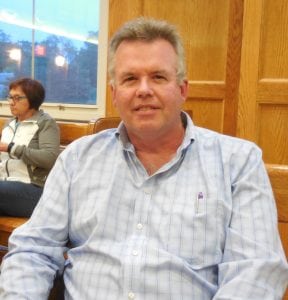
Westfield resident Scott Kaddy urged caution on the water bond during public participation. (Photo by Amy Porter)
Kaddy also asked what the city is going to do with the hazardous materials when the filters are cleaned. “We may give someone else a headache, and then we’re liable,” he said, adding, “I’m really just concerned about us rushing in here. It will cost the city a lot of money in the long run, if you’re not careful here.”
Kristen Mello of Wesley Avenue, who is a member of Westfield Residents Advocating for Themselves (WRAFT), came with a chart she had drawn up, showing recent testing results of the city’s wells. She also urged the city not to rush into anything. “Take a second look. Prove that you will protect us, and we will be with you. Until then, we are not,” Mello said.
Christopher Clark, a recent Westfield High School graduate who studies at UMass Amherst, suggested that water restrictions be put in place proactively. “One of the concerns is water usage. If there are concerns about water in the wells we have, why aren’t we being proactive and limiting the water being used,” Clark said.
Clark also asked for access to the water in Wells 7 and 8, so that he could test it under the supervision of a PhD at the lab where he works.
Later in the meeting, Ward 6 Councilor William Onyski brought the bond to the council floor on a positive recommendation of 2-0 from the Legislative and Ordinance Committee. Onyski also referred to the May 22 session with the panel of experts, saying “I’m hopeful all the questions were answered.”
At-large Councilor Nicholas J. Morganelli, Jr., asked whether the water tank on E. Mountain Road that needs to be replaced is still in the bond, to which Council President John J. Beltrandi, III said it is.
“My opposition to the bond was the inclusion of Wells 7 and 8, and they’re still there. I will vote for the first reading to move this along,” said Morganelli, one of the five councilors who voted no on the second reading in May.
At-large Councilor Matthew Emmershy, who has been a consistent no vote on the bond, made a comment about DPW Director David Billips, who recently announced that he will be retiring in two years. “The gentlemen we’re pinning this on, Director Billips; he’s retiring,” Emmershy said. “For the sake of the city, for the sake of the residents, in the end I hope like heck it works out. We need to get the residents clean water. If it fails, that means that they don’t. It also means all residents will be saddled with a massive bill,” he added.
At-large Councilor Brent B. Bean, II took exception to Emmershy’s comment about Billips’ retirement plans. “He’s had an exemplary career, has done his due diligence, has directed his department to do due diligence. He has held his ground and done his job – just because he’s retiring (next) year, doesn’t mean he hasn’t done his job. That comment is something I hope that you’ll apologize for,” Bean responded.
“It seems like this has been going on forever. I agree that Mr. Billips has done his due diligence. We have heard a lot of opinions, for three to four months here. There have been a lot of discussions before that, two years, before that. I’ve heard expert opinions. There is no guarantee, I agree. I am confident from the people I have talked to, that this is the way to go. I have confidence that we will have time and be able to do things and find things out as we go on. I’m going to vote again and have this passed on the first reading and the second reading,” said Ward 1 Councilor Mary Ann Babinski.
“I’m not going to knock any councilor for their vote, even though I’m probably going to take some knocks myself. I don’t think Dir. Billips is not doing a good job, I think he’s doing a great job. I think we should be putting temporary filters on Well 2 and Well 1 and not go to Wells 7 and 8, but be tapping into Holyoke,” said Ward 3 Councilor Andrew K. Surprise, who has also consistently voted no on the bond.
After relating some conversations he has had with other affected communities in other parts of the country, Surprise added, “We’ll just say, it’s an emerging chemical contaminant that nobody’s sure about. For me, in good conscience, I can’t vote for it.”
At-large Councilor David Flaherty, who up to now has voted against the bond, recently stated publicly that he would now support it. “I just want to address a couple of concerns. I do think the sample is small. But the other samples were in different locations. I accept the reality, there is going to be some variation there. What I heard, even if there are higher levels, they can add more carbon, or different bed material. The filters solved the problem at the Cape. If we have to change the bed material, the cost is $8,000. Four beds they proposed, parallel or in a series. I think they are designing it with the goal of flexibility in the future. They have to do it all day long,” Flaherty said.
“CDM is one of the leading experts in the country. I think we have to trust them. The $13 million bond is a lot more than Wells 7 and 8. I think it’s critical that we pass it. If sometime in the future we have to change something, so be it. I also agree with the councilors, we have to have a plan b. I think the water department always has a plan b. We’re in good hands,” Flaherty added.
“I’d like to give a shout out to the Water Commission,” said Ward 4 Councilor Michael Burns. “Lessons learned: It’s important for us as a body to get to the commission meetings. Maybe we have to look at the way we do commissions,” he added.
Onyski made a motion to move the question to a vote. The bond passed 9-2, with Emmershy and Surprise voting no. Bean then made a motion to move the bond to a second reading in the same meeting, which also requires a super majority. The motion to hold a second reading failed, with Morganelli, Emmershy and Surprise voting no. The bond now could return on June 21 for the second reading.

